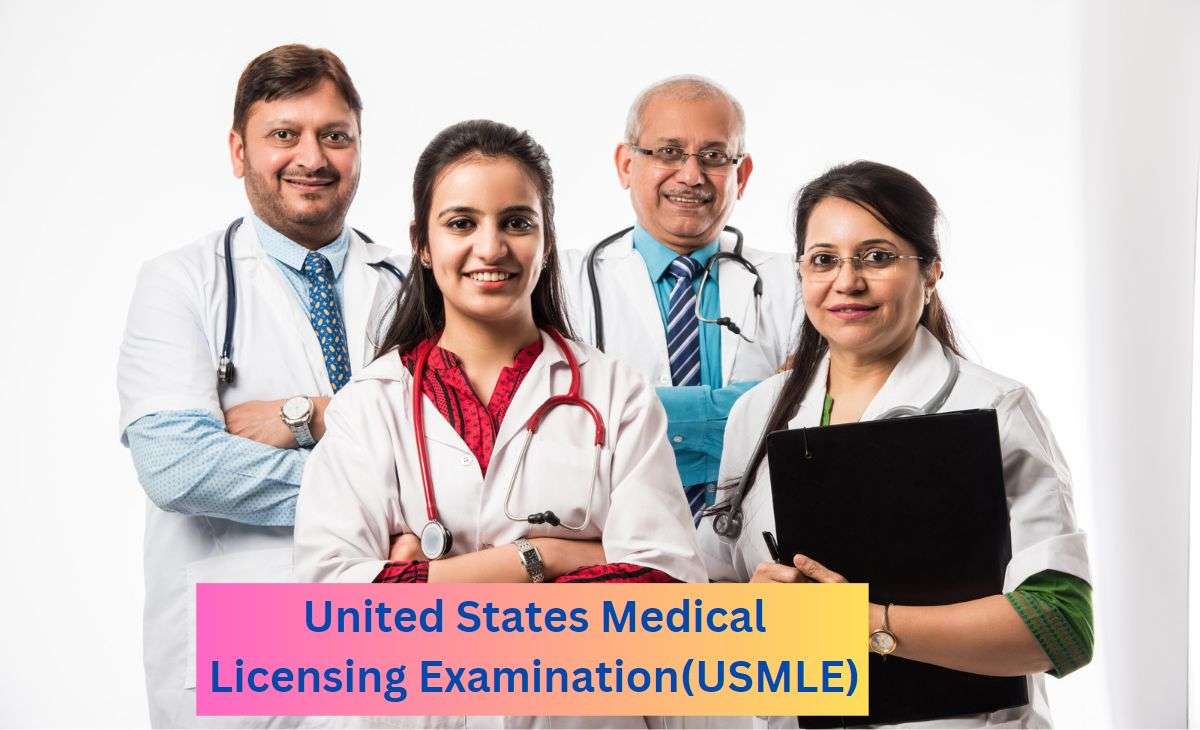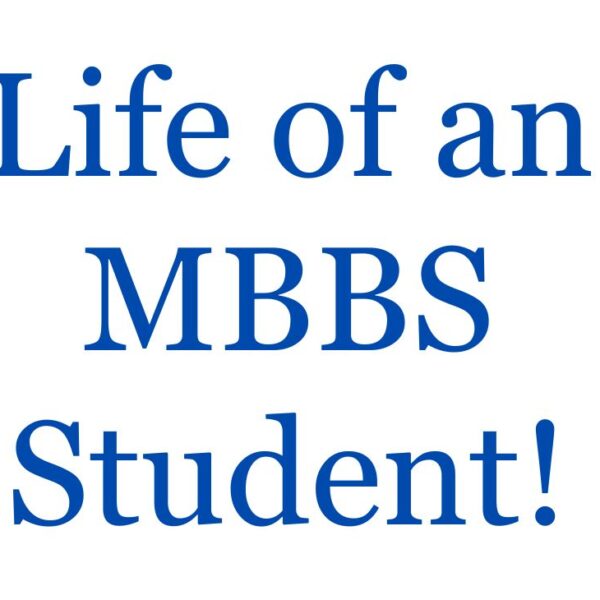
Exam after Completing MBBS Abroad
Studying MBBS abroad offers many advantageous prospects due to the intricate and comprehensive medical curricula offered by renowned universities.
However, it is important to note that every country has its specific criteria for evaluating and regulating the quality of healthcare services, particularly for doctors.
Consequently, medical graduates, particularly those who have obtained their degrees from foreign institutions, often encounter certain requirements and scrutiny when pursuing further medical education or boarding a career in the field.
Appear for Medical Licensing Examinations
Medical licensing exams are tests that new doctors need to take in different countries like India, USA, and Canada. These exams are important because they decide if these new doctors can work as doctors in that country or continue their studies.
The main aim of these exams is to see if these new doctors know enough and have the right skills to fit into the healthcare system of that country. Many well-known medical exams like this exist around the world, giving new doctors good chances to have a successful healthcare career.
India- FMGE/ National Exit Test (NExT)
Clinical professionals must pass the Foreign Medical Graduate Examination (FMGE) if they want to pursue a profession in medicine in India.
The National Board of Examination (NBE) administers this test twice a year, in June and December.
The National Medical Commission (NMC), formerly known as the National Board of Medical Examiners (NBCME), administers the exam results and subsequent processes National Medical Commission (NMC), previously known as the Medical Council of India (MCI).
The FMGE is specifically designed for students who have completed their MBBS outside of India and aims to objectively assess their learning.
Starting from 2023, the FMGE exam is expected to be
The National Exit Test (NExT) has taken its place. Although it will have a new exam format and timetable, the NExT will still be used as a licensing test. No matter if they studied in India or overseas, it will be required of all medical graduates in that country.
Applicants must have finished their doctoral study at an institution accredited by the NMC/MCI to be eligible for the FMGE/NExT.
USMLE is short for United States Medical Licensing tests
The way government operates in the United States is based on a federal framework, and therefore each state has its own set of laws and regulations, including those related to healthcare. Consequently, the accreditation process for doctors varies from state to state.
As a result, each state has established its medical licensing authority with specific requirements, including Completing a test to prove one’s eligibility for a medical license.
The United States Medical Licensing Examination (USMLE) has existed since 1992 and has been widely adopted as an evaluation system for individuals seeking an initial license to practice medicine in the country.
The National Board of Medical Examiners (NBME) and the Federation of State Medical Boards (FSMB) jointly administer this license examination.
The appropriate licensing authorities use the USMLE’s final scores to offer qualified doctors their initial licenses to practice medicine.
Eligibility Criteria of USMLE
There are three steps involved in the medical licensing process for individuals in the United States and Canada.
Step 1 and Step 2:
For students or graduates of medical programs in the United States or Canada that are accredited by the Liaison Committee on Medical Education (LCME) or the American Osteopathic Association (AOA), they are eligible to take Step 1 and Step 2 of the licensing exams.
Step 3:
Individuals who have completed Step 1 and Step 2, whether they are graduates or current students of medical schools the Education Commission for Foreign Medical Graduates (ECFMG) exams and are qualified to do so may go ahead and take it. Step 3.
In summary, Step 1 and Step 2 are for US or Canadian medical students or graduates, while Step 3 is open to Medical learners or grads with ECFMG certification who are not from the United States or Canada.
US residency exam, often known as USMLE: The Exam has three steps.
- Basic Sciences in Step 1
- Clinical CK and CS in Step 2
- Third step: Patient management abilities
Examining Australia – AMC – MCQ
Everyone who wants to practice medicine in Australia after earning their MBBS abroad must apply to the Australian Medical Council (AMC) and pass a certification test.
To set up an appropriate assessment pathway, all students who wish to practice medicine in Australia must first apply to the Australian Medical Council (AMC). The AMC will set up the AMC MCQ Exam and the AMC clinical Exam for evaluation.
Students who have obtained recognized degrees from AMC-approved institutions are eligible to take the AMC MCQ and AMC Clinical exams.
Learners may take the AMC MCQ and AMC Clinical exams if they have earned an acceptable degree from an AMC-approved institution.
All 150 questions with multiple choices on the AMC MCQ test are scored by an automated system.
Candidates qualifying for the AMC MCQ test must take the AMC Clinical examination. Candidates need to win 12 of the 16 cases. It is compulsory to choose any one of the Gynae and pediatrics for the clinical exam.
After completing the required examinations and obtaining certification from the Australian Medical Council (AMC), candidates are eligible to apply for Australian Specialty Training Jobs.
All doctors in Australia must now register with the Medical Board of Australia, which has implemented a national registration program. This process ensures standardized registration and regulation of medical practitioners across the country.
Exam for the LMCC QE by the Medical Council of Canada (MCC)
The Medical Board of Canada (MCC) is in charge of selecting persons for practicing medicine in Canada, administering examinations, and awarding the Licentiate of the Medical Council of Canada (LMCC) credential.
One such test is the MCCQE Part I, which evaluates a candidate’s medical expertise and clinical judgment at a level appropriate for a Canadian medical student who is almost finished with their degree.
The MCC Objectives, which are arranged by the Can MEDS responsibilities, serve as the foundation for this exam. Usually, passing the MCCQE Part I results in supervised medical practice.
The MCCQE Part I test is computerized and lasts for one day. Answering the 210 Multiple-Choice Questions can take as long as four hours in a single morning meeting while completing the Clinical Choice-Making section can take up to three hours and fifteen minutes in the second period.
The latter consists of 38 examples with write-in inquiries that have a brief menu and a short answer.
Dimensions of care, which cover the full range of medical treatment, and Physician activities, which reflect the range of practice and expected professional behaviors of physicians, are the two key areas that make up the exam’s assessment plan.
British GMC Plab Examination
Doctor licensure and practice regulation in the UK are the responsibilities of the General Medical Council (GMC). They have become two categories for basic registration, referred to as “provisional registration” and “full registration,” as well as two categories for specialized registration, referred to as “specialist registration” and “GP registration.
” The “license to practice,” which is a mandate for physicians to practice medicine in the UK, was implemented by the GMC in November 2009. Consequently, to behavior, all doctors need to be licensed and registered.
Internationally medical students can prove to the GMC that they’ve obtained the fundamental understanding and abilities required to practice medicine in the UK by taking the Professional and Linguistic Assessments Board (PLAB) exam. The PLAB test evaluates a candidate’s suitability for a senior house officer position with the National Health Service (NHS) in a UK hospital.
Applicants must obtain a primary medical qualification (PMQ) for limited registration to take the PLAB test, and their educational institutions must be included in the World Directory of Medical Schools, which is a publication of the World Health Organization.
Additionally, participants must get an average IELTS examination score of 7 overall, 7 in the public speaking component, and 6 in each of the other sections (academic module).






